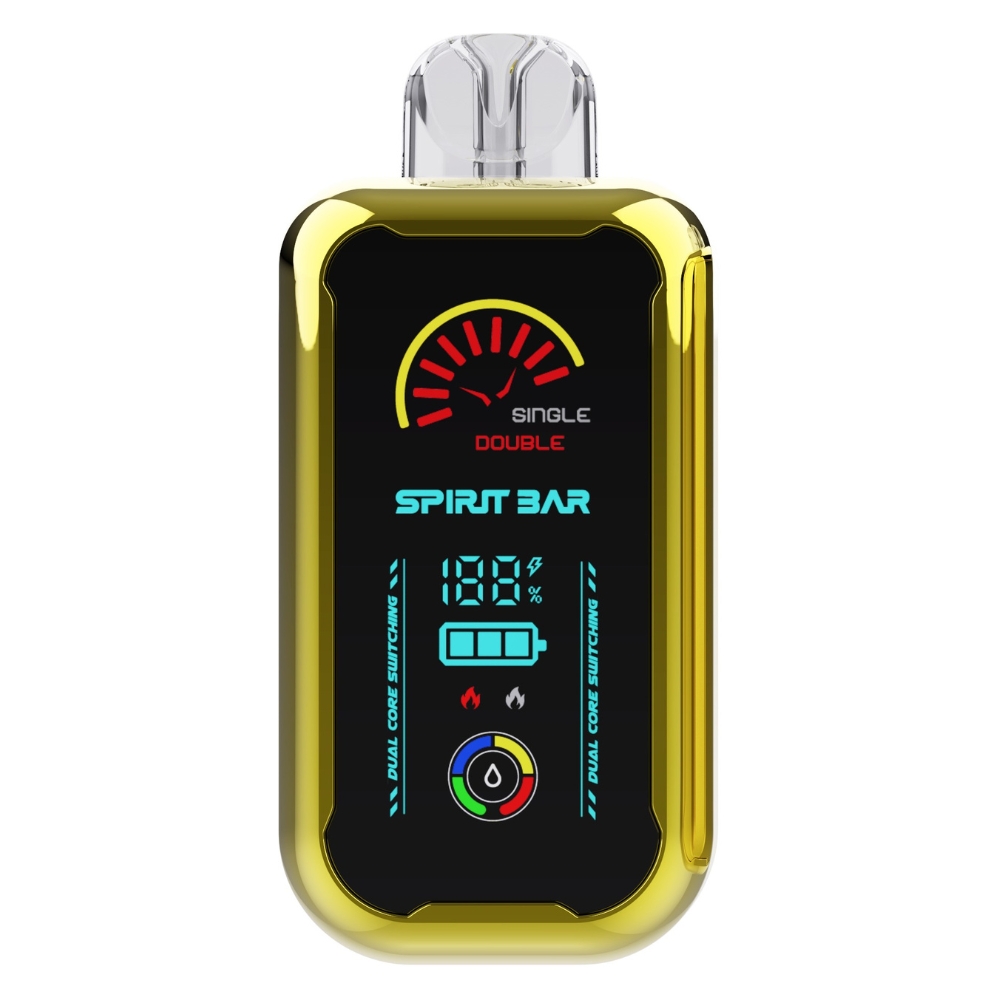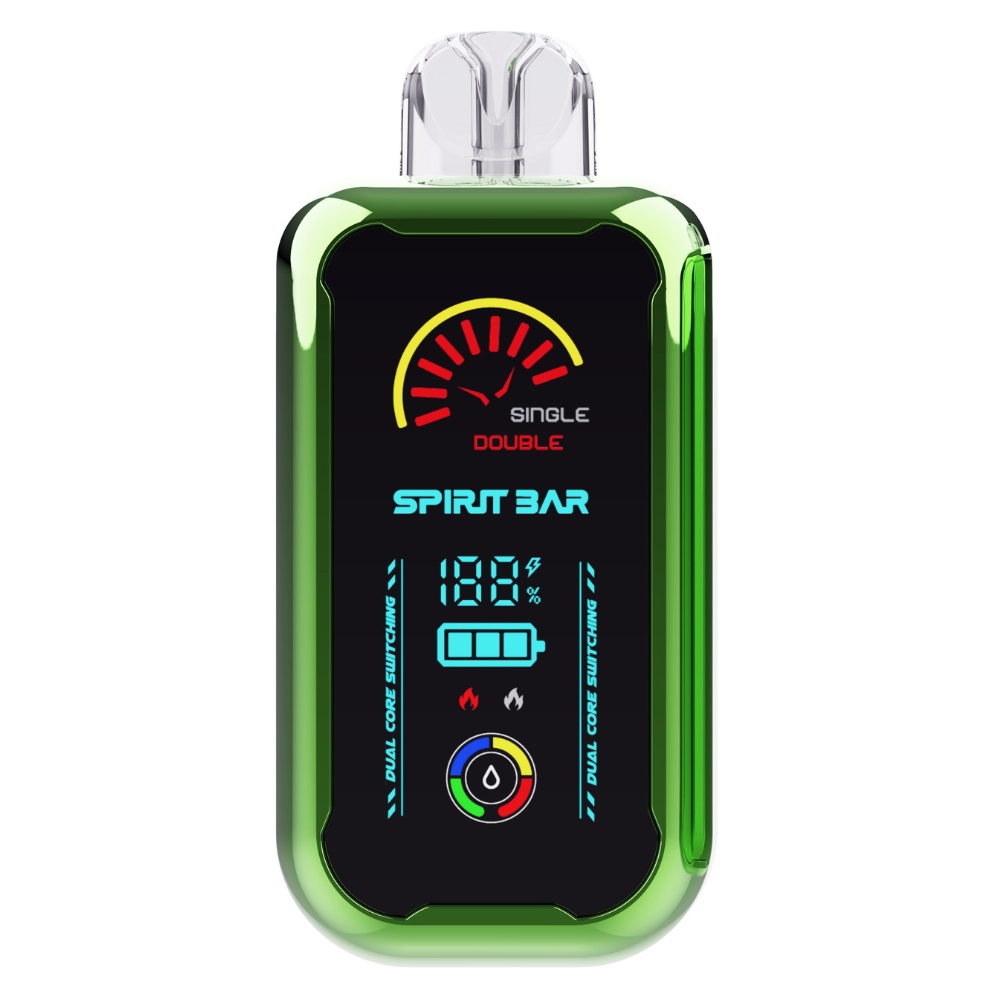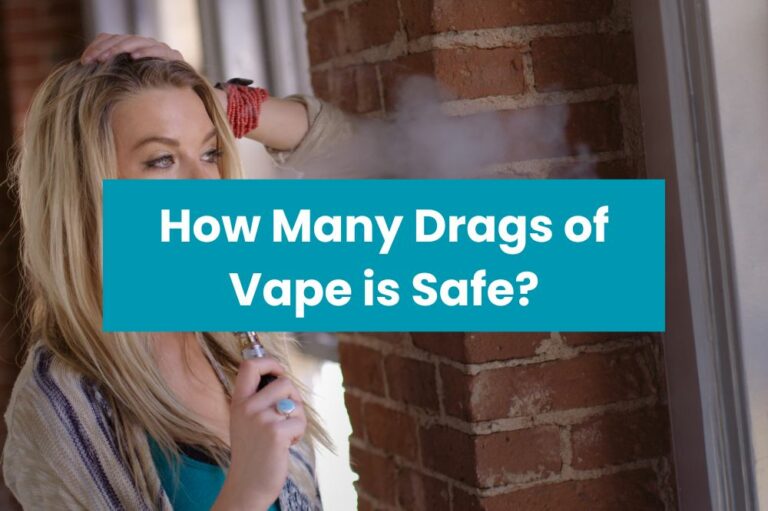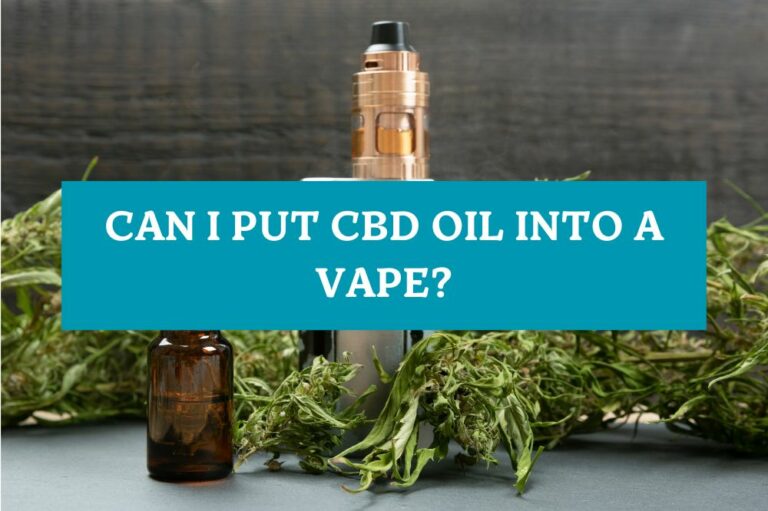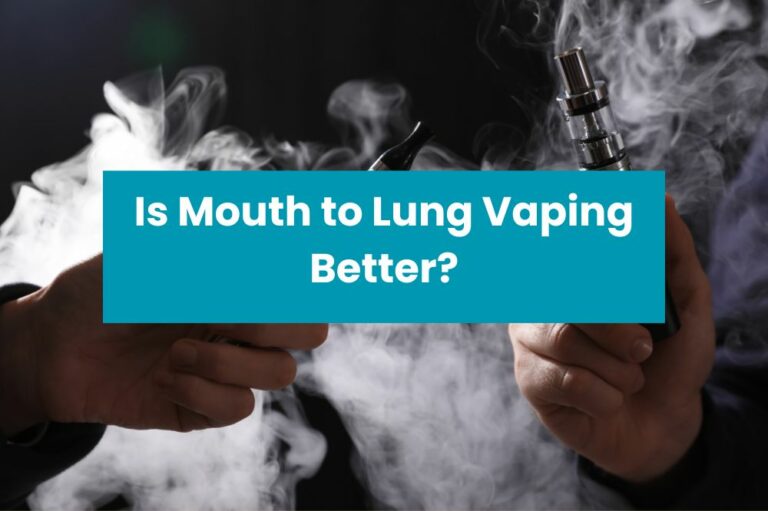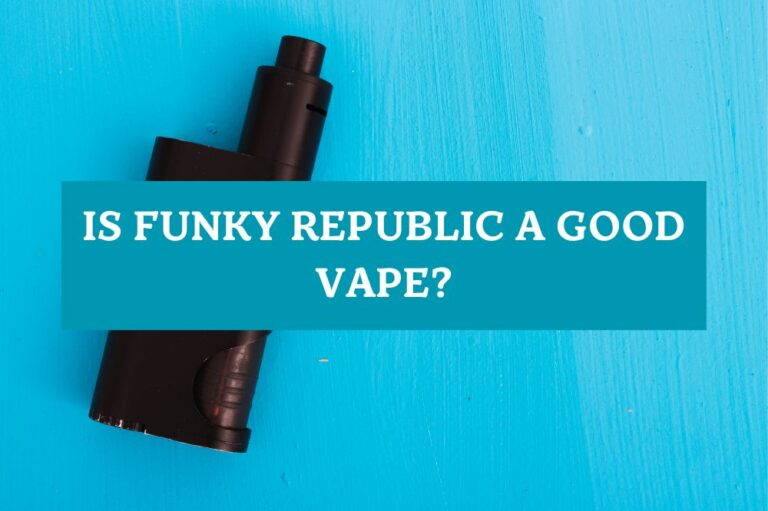Can Vapes Cause Tonsillitis?
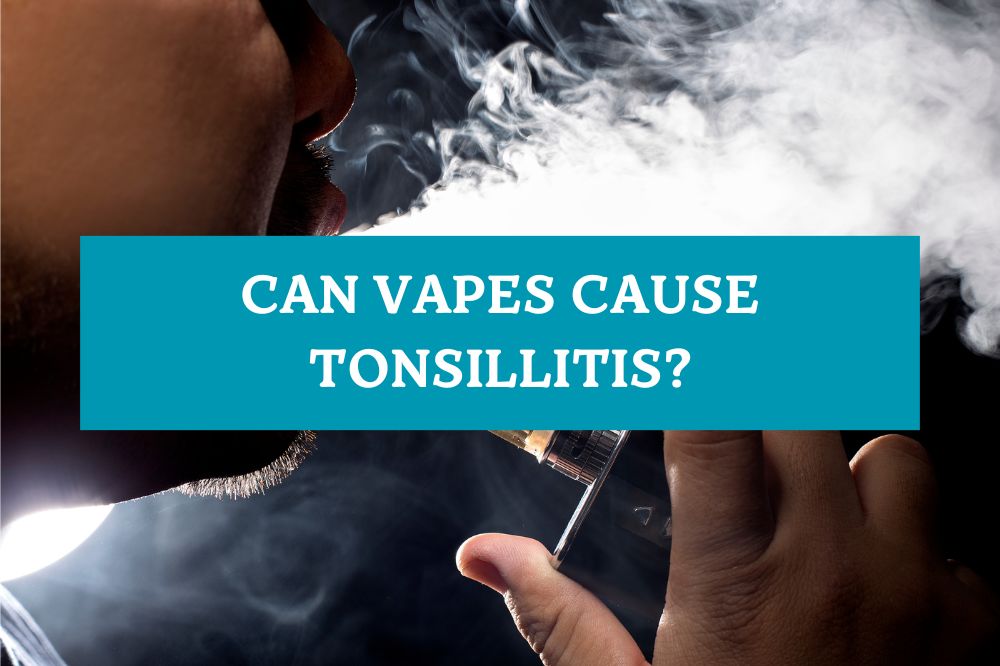
Are you wondering if vaping can give you tonsillitis? You’re not alone. Many people have concerns about the potential health risks associated with vaping. Tonsillitis is a common condition that affects the tonsils, which are located in the back of the throat. It can cause symptoms such as sore throat, difficulty swallowing, and swollen glands.
While there isn’t a lot of research on the specific link between vaping and tonsillitis, some studies suggest that vaping can irritate the throat and lead to inflammation. This can make it more likely for bacteria or viruses to infect the tonsils and cause tonsillitis. Additionally, vaping can also weaken the immune system, making it harder for the body to fight off infections.
If you’re a regular vaper and you’re experiencing symptoms of tonsillitis, it’s important to see a doctor. They can diagnose the condition and recommend appropriate treatment, which may include antibiotics or other medications. In the meantime, you may want to consider taking a break from vaping to give your throat a chance to heal.
Understanding Tonsillitis
Tonsillitis is a common condition that affects the tonsils, which are two oval-shaped pads of tissue located at the back of the throat. Tonsillitis is caused by a viral or bacterial infection and can lead to a sore throat, difficulty swallowing, and other uncomfortable symptoms.
Causes of Tonsillitis
Tonsillitis can be caused by several different viruses and bacteria. The most common cause of tonsillitis is the group A streptococcus bacteria, which can also cause strep throat. Other viruses that can cause tonsillitis include the Epstein-Barr virus, the herpes simplex virus, and the adenovirus.
Tonsillitis is highly contagious and can be spread through contact with an infected person’s saliva or nasal secretions. It can also be spread through coughing or sneezing.
Symptoms of Tonsillitis
The symptoms of tonsillitis can vary depending on the cause of the infection. Some common symptoms of tonsillitis include:
- Sore throat
- Difficulty swallowing
- Red, swollen tonsils
- White or yellow spots on the tonsils
- Swollen lymph nodes in the neck
- Fever
- Headache
- Earache
- Bad breath
If you are experiencing any of these symptoms, it is important to see a doctor as soon as possible. Your doctor can diagnose tonsillitis and recommend the appropriate treatment, which may include antibiotics or other medications to relieve your symptoms.
In conclusion, tonsillitis is a common condition that can be caused by a viral or bacterial infection. If you are experiencing symptoms of tonsillitis, it is important to see a doctor for diagnosis and treatment.
Vaping Basics
What is Vaping?
Vaping is the act of inhaling and exhaling vapor produced by an electronic cigarette or other vaping device. The device heats a liquid, called e-juice or vape juice, which typically contains nicotine, flavorings, and other chemicals. The vapor produced by the device is then inhaled into the lungs.
Common Vaping Substances
The e-juice used in vaping devices can contain a variety of substances, including nicotine, propylene glycol, vegetable glycerin, and flavorings. Nicotine is the addictive substance found in tobacco products and is commonly added to e-juice. Propylene glycol and vegetable glycerin are used as solvents to dissolve the nicotine and flavorings in the e-juice. Flavorings can include a wide variety of ingredients, such as fruit extracts, candy flavors, and menthol.
It is important to note that while vaping is often marketed as a safer alternative to smoking traditional cigarettes, the long-term health effects of vaping are not yet fully understood. Some studies have suggested that vaping can cause inflammation and irritation of the tonsils, leading to soreness and other symptoms. It is important to be aware of these risks when deciding whether vaping is right for you.
Vaping and Health Risks
Vaping has been gaining popularity as an alternative to smoking. However, it is important to be aware of the potential health risks associated with vaping.
General Health Risks
Vaping has been linked to several health risks, including lung injuries and deaths. It can also cause irritation to the eyes, nose, and throat. Additionally, vaping can be addictive due to the presence of nicotine in some e-cigarettes.
Specific Risks to Throat and Lungs
Vaping can also cause specific risks to the throat and lungs. The aerosol produced by e-cigarettes can irritate the throat and cause soreness. This irritation can lead to tonsillitis, a condition where the tonsils become inflamed and swollen.
Furthermore, vaping can also cause damage to the lungs. The inhalation of chemicals and particles from the e-cigarette aerosol can lead to lung inflammation and damage. This can result in a condition known as popcorn lung, which causes scarring and narrowing of the airways in the lungs.
It is important to note that the long-term effects of vaping on health are still being studied. However, it is clear that vaping can cause significant harm to the throat and lungs.
To reduce the risk of health complications from vaping, it is recommended to avoid using e-cigarettes altogether. If you are already a vaper, it is important to be aware of the potential risks and to seek medical attention if you experience any symptoms of throat or lung irritation.
Can Vapes Give You Tonsillitis
If you’re a vaper, you may be wondering if vaping can give you tonsillitis. Tonsillitis is the inflammation of the tonsils in your throat due to viral or bacterial infection. While some ingredients in e-cigarette vapour can cause irritation, the chances of tonsillitis appear to be low.
Research Findings
According to EDGE Vaping, there have been claims that vaping could trigger tonsillitis. However, the chances of getting tonsillitis from vaping are low. It is true that some ingredients in e-cigarette vapour can cause irritation, but this is not enough to cause tonsillitis.
Expert Opinions
Experts have mixed opinions on the subject. Mister Vape suggests that if you have tonsillitis, it’s best to avoid vaping until you recover. Tonsillitis can cause a sore throat, and vaping can make the throat even more irritated.
On the other hand, Nonicotine.org suggests that there is no clear evidence that vaping can cause tonsillitis. However, they do note that vaping can cause irritation to the throat and respiratory system, which can make it easier for bacteria and viruses to infect the tonsils.
In conclusion, while the chances of getting tonsillitis from vaping are low, it’s best to avoid vaping if you have tonsillitis. If you’re concerned about the potential health risks of vaping, it’s always a good idea to talk to your doctor.
Prevention and Alternatives
Preventing Tonsillitis
There are several steps you can take to prevent tonsillitis, including:
- Practice good hygiene: Wash your hands frequently, especially after being in public places or around people who are sick. This can help prevent the spread of viruses and bacteria that can cause tonsillitis.
- Avoid close contact with people who are sick: If someone you know has tonsillitis or another contagious illness, try to avoid close contact with them until they are no longer contagious.
- Stay healthy: Eating a balanced diet, getting enough sleep, and staying physically active can help boost your immune system and reduce your risk of getting sick.
- Quit smoking: Smoking can irritate your throat and increase your risk of developing tonsillitis. If you smoke, consider quitting or switching to a less harmful alternative.
Alternatives to Vaping
If you are concerned about the potential health risks of vaping, there are several alternatives you can try:
- Nicotine replacement therapy (NRT): NRT products like nicotine gum, patches, and lozenges can help reduce cravings and withdrawal symptoms associated with quitting smoking or vaping. Talk to your doctor or a healthcare professional to find out which NRT product is right for you.
- Medications: There are several prescription medications that can help you quit smoking or vaping, including bupropion and varenicline. These medications work by reducing cravings and withdrawal symptoms.
- Behavioral therapy: Working with a counselor or therapist can help you identify triggers and develop strategies to quit smoking or vaping. Behavioral therapy can also help you cope with stress and anxiety, which can be a trigger for smoking or vaping.
Remember, quitting smoking or vaping is not easy, but it is possible. With the right support and resources, you can successfully quit and improve your overall health and well-being.

